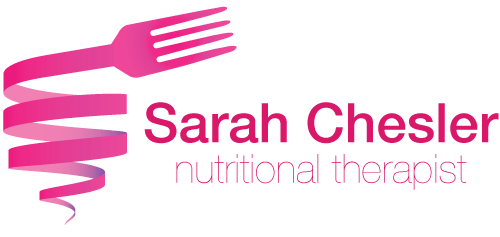Teenagers go through a massive growth, in both physical and emotional development, and as a result their bodies demand more nutrients in order for these changes to happen optimally.
As a mum of two – with one of whom is a preteen – I thought I’d talk about some of the most significant nutritional demands of children during this stage of their life.
- Emotional changes. Teenager’s brains go through specific shifts, making them more emotional, fearful, aggressive, and even depressive. They can also find it harder to focus and concentrate. As a result, make sure you include healthy essential fats like avocados, nuts, seeds, olive oil, flax and oily fish in their diets. Plus, with the beginning of menstruation for girls, vitamin B6 and zinc are essential nutrients for hormone production, mood balance and the prevention of pimples and acne.
- Physical changes. With the rapid growth that physically takes place; there is an increased demand for bone making nutrients such as calcium, phosphorus, magnesium and vitamin D. Teen meals should therefore contain an abundance of lean proteins, such as fish, seafood, meat, eggs, lentils, beans, nuts and seeds, as well as mineral rich dark green leafy vegetables.
- Cognitive function. Iodine requirements increase from the age of 11, as this mineral is vital for the production of thyroid hormones, which control the body’s metabolism, cognitive function and energy. Eating seafood, sea vegetables such as seaweed, cranberries, strawberries and organic yogurt and cheese are therefore key to include in their diet.
- Menstruation. After menstruation in girls, iron requirements increase to replace menstrual blood losses. Iron also contributes to normal cognitive development of teenagers, healthy energy and immunity. Haem iron found in meat is best, however this mineral is also found in beans and legumes, nuts, seeds and vegetables. Teenagers whom are feeling tired should be taken to the GP to have their iron and ferritin (iron stores) levels checked.
- Rapid Growth. If energy needs are not met, growth spurts can become compromised. Boys have an increase in muscle and girls have an increase in fatty tissue. Muscles require additional protein, zinc and iron. Haemoglobin (the protein responsible for carrying oxygen to cells in the blood) requires iron, folate, B12 and copper. Energy requires all the B vitamins.
- Stress. The pressures of teenage life are not to be underestimated. They are constantly writing tests or exams, as well as always trying to keep up with their peers. Nutrients such as magnesium and B vitamins found in brown rice and whole-wheat bread, spinach, kale, figs, avocado, quinoa, almonds, cashews, edamame, tofu and sesame seeds are therefore key.
- Vitamin D. British teenagers are comparatively inactive and spend an unhealthy amount of time indoors. As a result, the British Nutrition Society has found that there is a high rate of vitamin D deficiency. As parents we should encourage our teens to get outdoors more often, however in addition Public Health England (PHE) advise that children over the age of 1 years old should consider daily supplementation of Vitamin D, particularly during the autumn and winter months.
There are supplement companies that do excellent multi vitamins and minerals, which are designed to support the essential nutrients that teenagers require during these years. However, taking supplements should always be under the supervision of a registered Nutritional Therapist or even your GP.







